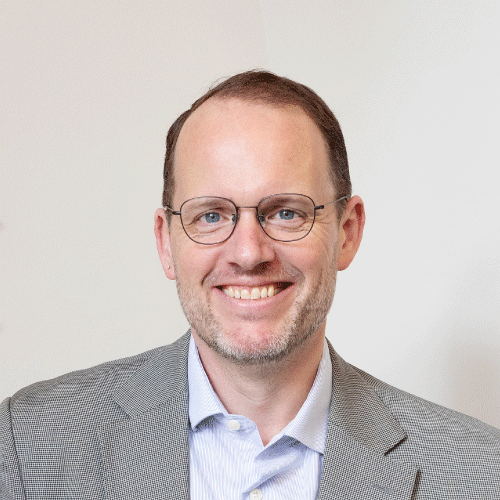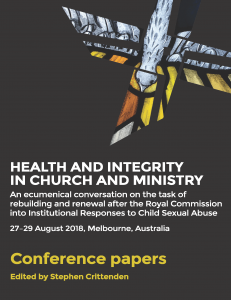Without a doubt the greatest challenge faced by churches and their ministers, lay and ordained, at the present time is how to address the crisis of child sexual abuse. The institutional failures have been thoroughly documented by the Royal Commission into Institutional Responses to Child Sexual Abuse. In August 2018, the University of Divinity co-sponsored the Health and Integrity in Church and Ministry conference in Melbourne, which brought together survivors, support groups, church leaders, and professional experts to respond to both the letter and the spirit of the Royal Commission’s findings. The Conference Proceedings are now available online.
A key question raised at last year’s conference was this:
in light of the Royal Commission, what changes might be required in training future generations of bishops, clergy and religious leaders?
In August 2019, the University is bringing together members of all of its Colleges to consider this question through a Ministry Colloquium. For the University of Divinity has a unique responsibility amongst Australia’s Universities, as an institution which for nearly 110 years has educated generations of people for ministry and leadership across dozens of Christian traditions.
We know that requirements for ministry training have changed profoundly in the past half a century. These changes have been driven by movements within the churches, from the Second Vatican Council to the ecumenical movement, and from without, through the expansion of access to higher education to the professionalisation of both lay and ordained ministries.
Of course, there are also many continuities, such as critical familiarity with the Christian scriptures and the development and practical import of doctrine. Yet even these have been transformed by more recent forms of on-the-job and online education.
In reviewing the positive effect of many of these changes and continuities, there is some reason to be hopeful that many of the mistakes of the past can be averted by present and future generations of ministers. Yet the Royal Commission has clearly shown that we need to be much more intentional and accountable about how we prepare our leaders than we have been in the past, using evidence and critical inquiry, not supposition alone.
So our Ministry Colloquium offers an exciting, searching opportunity to review what we are doing in the world of theological education for ministry. What is bearing fruit, and what needs correction or improvement or even transformation?
Our focus will not be on the overall responses of our churches and religious orders to the recommendations of the Royal Commission, but in the specific responsibility of the University of Divinity: the formation of people for Christian ministry through higher education. What are we doing, how are we doing, and what effect is it having?
Our last major conversation of this nature took place in the 1970s, when Protestant and Catholic theologians sat down to negotiate how two theologically and historically divided curricula could be brought together into a single degree structure. This proved to be a liberating and enriching experience. It created the basis for life-giving relationships between staff and students who previously were barely allowed to talk to each other, and offered a means of overcoming centuries of division, persecution and violence. Concurrently, new methods such as Clinical Pastoral Education or Supervised Field Education were introduced, bringing insights from other academic disciplines and areas of professional practice into conversation with theology and ministry.
There is no question that the future of ministry in Australia and beyond will of necessity be different from much of what has gone before, even as ancient theological traditions continue to speak wisdom into challenging new contexts. I, therefore, look forward to the opportunity in August to learn anew of the diverse ways in which the University and its partners approach the challenge of educating people for ministry, and how we might do this better together.
Further reading
Health and Integrity in Church and Ministry
Conference Papers
Edited by Stephen Crittenden

Emeritus Professor Peter Sherlock was the Foundation Vice-Chancellor of the University of Divinity from 2012-2024. He is a cultural and religious historian of Renaissance and Reformation Europe and an expert on governance and leadership in educational and church settings. A graduate of the University of Melbourne and the University of Oxford, his academic career has included an ARC Postdoctoral Fellowship in History at the University of Melbourne and four years as Dean of the United Faculty of Theology, Melbourne.








Add comment